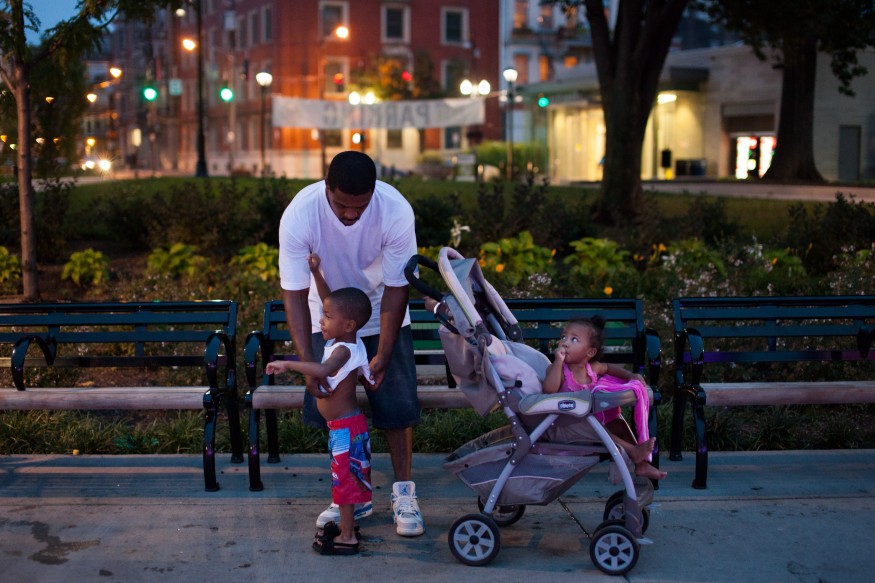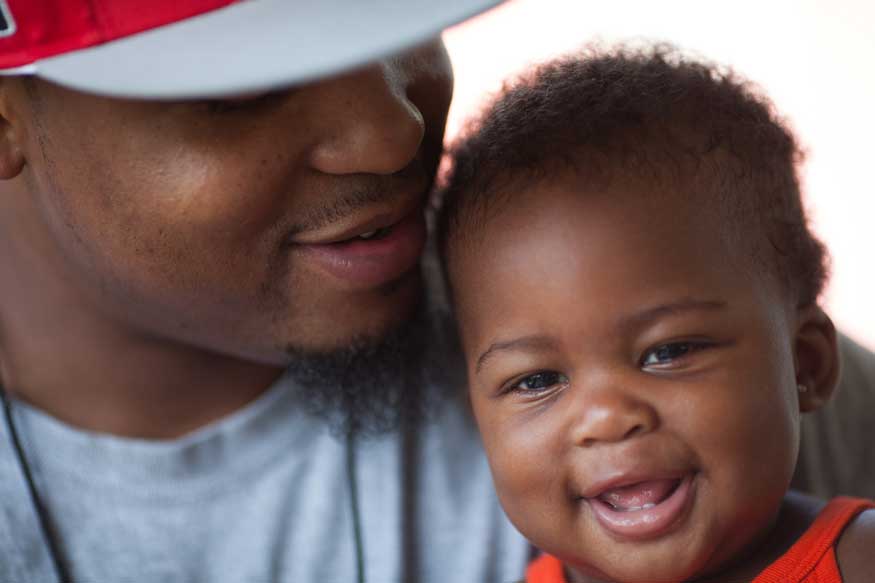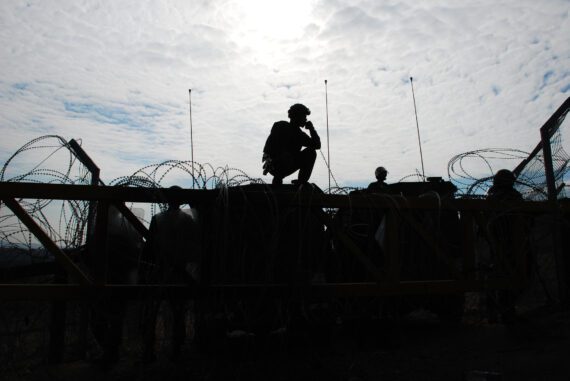By Alex T. Wheelwright
The United States is home to an astonishing 2.3 million prisoners, the vast majority of whom are not serving life sentences. What happens when they come home?
I recently sat down with Martin Torres, who served four years in a Bexar County, Texas, prison on a check-forging charge. His story helped me understand how incarceration affects families; Torres is the father of two daughters ages 7 and 5. But Torres’ story also is a testament to the importance of providing those formally incarcerated with tools, such as SNAP (formerly food stamps) or TANF (Temporary Assistance for Needy Families), that help them get back on their feet.

Start of a new struggle
For Torres, coming home was the start of a new struggle. During his incarceration, his two daughters had moved in with their mother, who struggles with drug addiction and mental health issues. Torres feared for their safety.
“She burned me with cigarettes, hit me with frying pans, gave me a black eye,” Torres said. “But I have this record, so it took me years to get legal custody of my daughters.”
Torres is not mad at the system, which gave him $50 and a prison I.D. when he was released in 2008. He just thinks it could be improved.
Carol Lockett of Chrysalis Ministries in San Antonio, Texas, agrees. “There are multiple issues for people coming out,” she said. Chrysalis Ministries is an interfaith organization that provides religious and social services to those who were formally incarcerated in any detention or treatment facility in the San Antonio region.
Employment, safe and suitable housing, mental health issues that have not been addressed, and unemployment are some of the issues Lockett said become barriers to reestablishing one’s life after incarceration. Torres got hired three times at various jobs before his background check revealed his prison record and he was asked to leave. After taking some life skills classes at Chrysalis Ministries, they hired him as a case manager in 2009.
“My ministry is to help people when they get out,” he said. “I cherish my position as a father and a mentor – some of the same mentalities go into both fields. Someone gets out of prison, we need to get them a job, and they should be eligible for assistance, especially if they have kids.”

The sins of the father
Texas is one of nine states that have not modified a federal law banning drug felons from receiving SNAP and TANF benefits – a remnant of the war on drugs. Because Torres’ conviction – forging checks to support his addiction – was not technically a felony drug conviction, he is able to receive modest monthly assistance. Were Torres to have a felony drug conviction on his record, that assistance would vanish in Texas – for life.
“It really is unfair – it’s unfair to the children,” he pointed out. “My children should not have to suffer for what I’ve done – they shouldn’t pay for what daddy did in the past.”
In his role as case manager, Torres helps fellow returning citizens with job readiness, rental assistance, acquiring identification, and financial planning. He and his daughters lead a hectic but happy life. Many of the men in his program, due to the nature of their conviction, come back to a city with no job prospects, inconsistent housing, and no access to SNAP or TANF.
It is no wonder that only a third of returning citizens manage to avoid arrest during their first decade out. Of those who get help from Chrysalis Ministries, 85 percent avoid recidivism. Torres is proud to be a part of that latter group. He gets to help others coming behind him, and his daughters get their father.
Alex T. Wheelwright works in the northeastern U.S. for the organizing department of Bread for the World.
“There are multiple issues for people coming out [of prison].”



